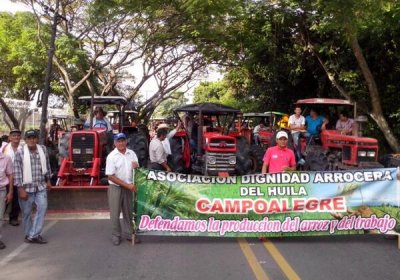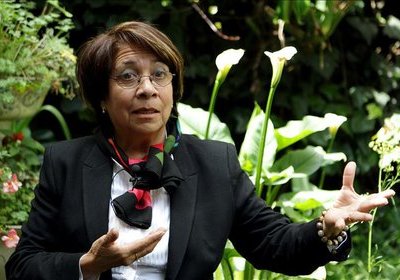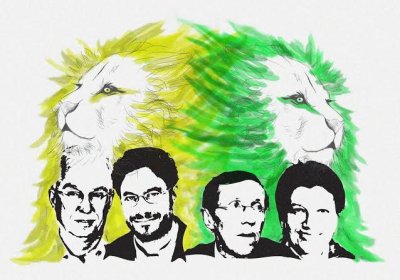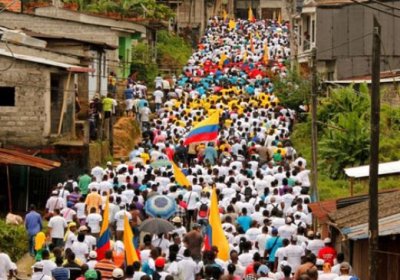Colombia
The Venezuelan National Assembly swore in grassroots leader Juan Contreras to assume the vacant post of the late deputy Robert Serra on October 7. Serra, a 27-year-old socialist deputy, was stabbed to death alongside his partner Maria Herrera in their Caracas home on October 1. Legislators also voted to ban former right-wing Colombian president Alvaro Uribe from entering Venezuela. Venezuelan President Nicolas Maduro has accused Uribe of being linked to the killings.
Since its founding in 1985, the Patriotic Union (UP), a Colombian leftist political party, has been victim of calculated violence from actors across the political spectrum. Colombia is the only country in the world that includes “political genocide” in its constitution. This is the label given to the violence suffered by the UP ― more than 5000 of whose members and supporters have been assassinated since 1985. This violence has meant that since 2002, the party has not had enough members to meet the threshold to legally qualify as an officially registered party.
The 1991 Colombian Constitution is supposed to ensure the protection of all Colombian peoples’ rights and common interests. But in March, those whose role and responsibility it is to ensure the constitution is enacted turned a blind eye to the blatant political misconduct and unethical activities of the Black Colombian Foundation (FUNECO). FUNECO won both congressional seats allocated to Colombia's Black and Afro-Colombian community with two candidates, Maria Del Socorro Bustamante and Moises Orozco Vicuna, who are not Afro-descendants, or even black-skinned.
Colombia's election results are all but in and one thing is clear: Álvaro Uribe, the first ex-president to run for senate, is the man of the moment. President Juan Manual Santos's U Party may have come out on top with 21 out of a possible 102 seats in Congress, compared with 19 from Uribe’s newly formed ultra-right party Democratic Centre ― Firm Hand, Big Heart, but it is clear where the momentum lies.
Millions of Colombians are set to the ballot box on March 9 to vote for the country's Senate and Chamber of Representatives. Presidential elections themselves are not until May, but Congress elections are no less important as the left wing parties fight for space in one of Latin America’s most, if not the most, conservative-led countries.
- Previous page
- Page 7
- Next page







